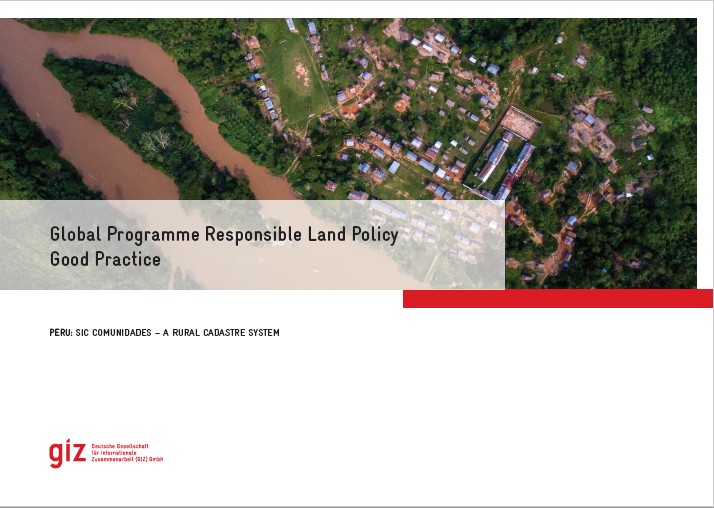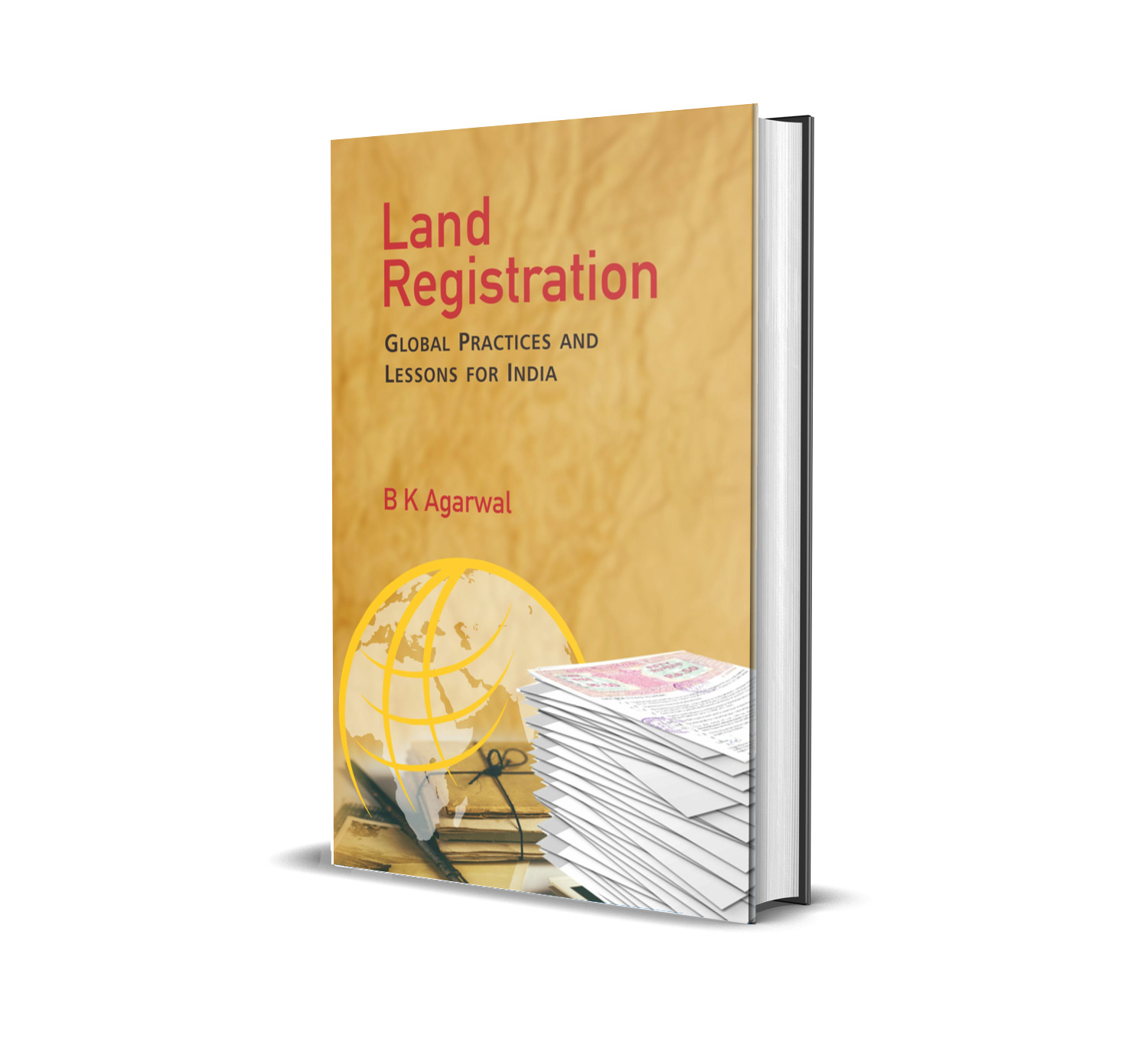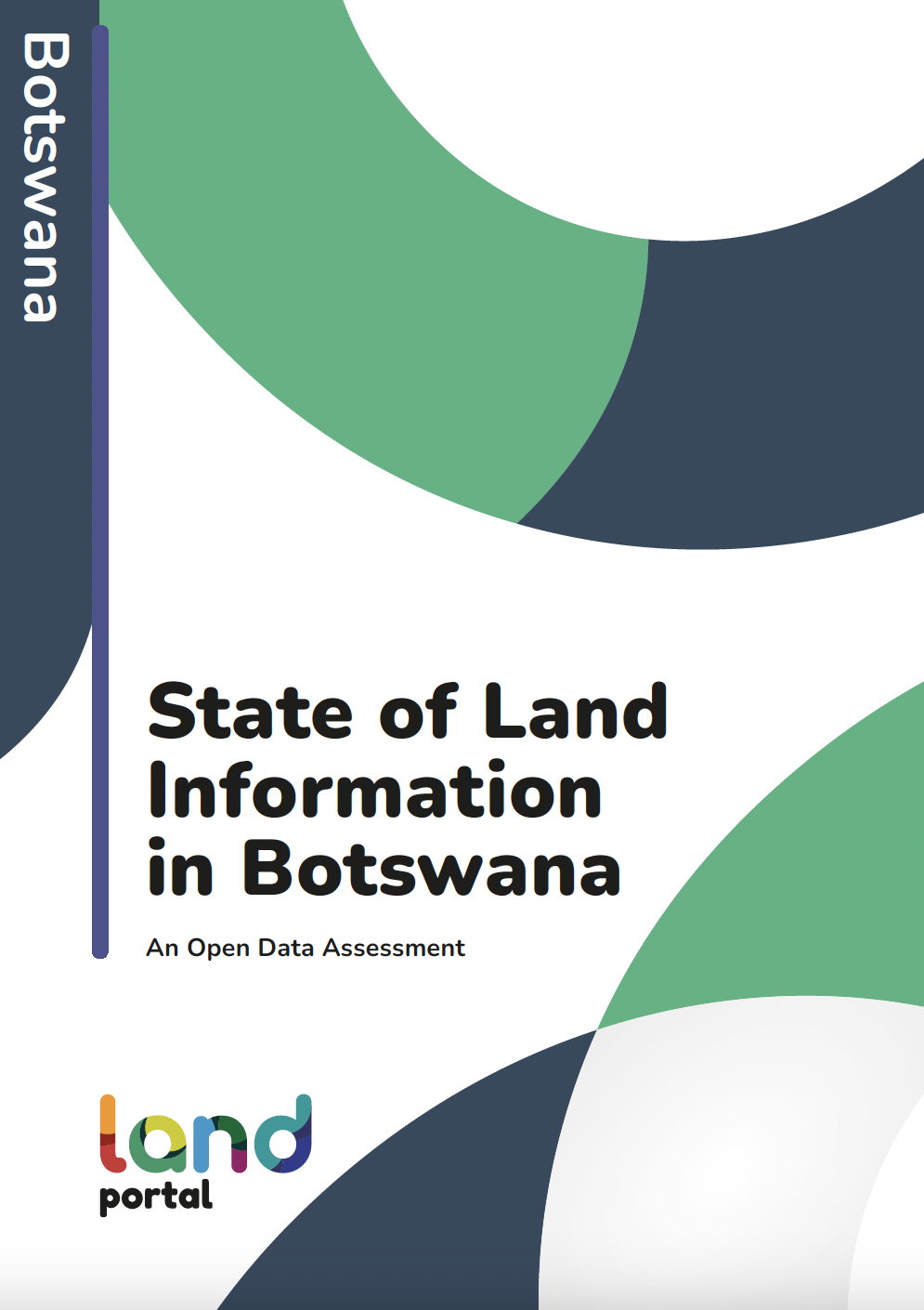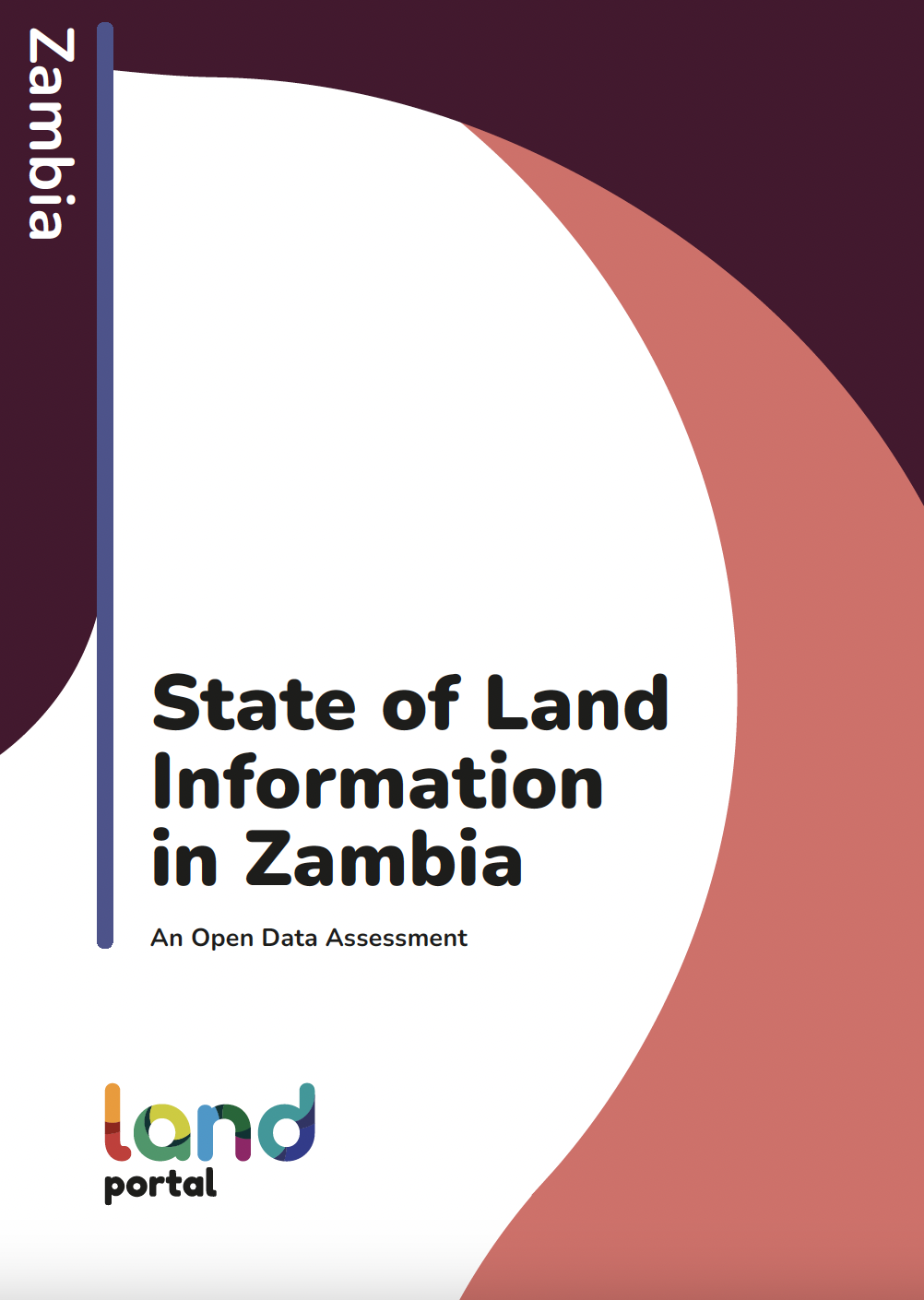Weak Land Governance, Fraud and Corruption: Fertile Ground for Land Grabbing
Fraud and corruption are the main enabling mechanisms for land abuses in Brazil, guaranteeing impunity for land grabbers and other public and private agents involved in these schemes. This is what is evidenced in the research report, “Weak land governance, fraud and corruption: fertile ground for land grabbing,” which systematizes for the first time the relationship between these issues. Thereby, the study seeks to understand precisely why and how corruption and fraud associated with land grabbing occur.










